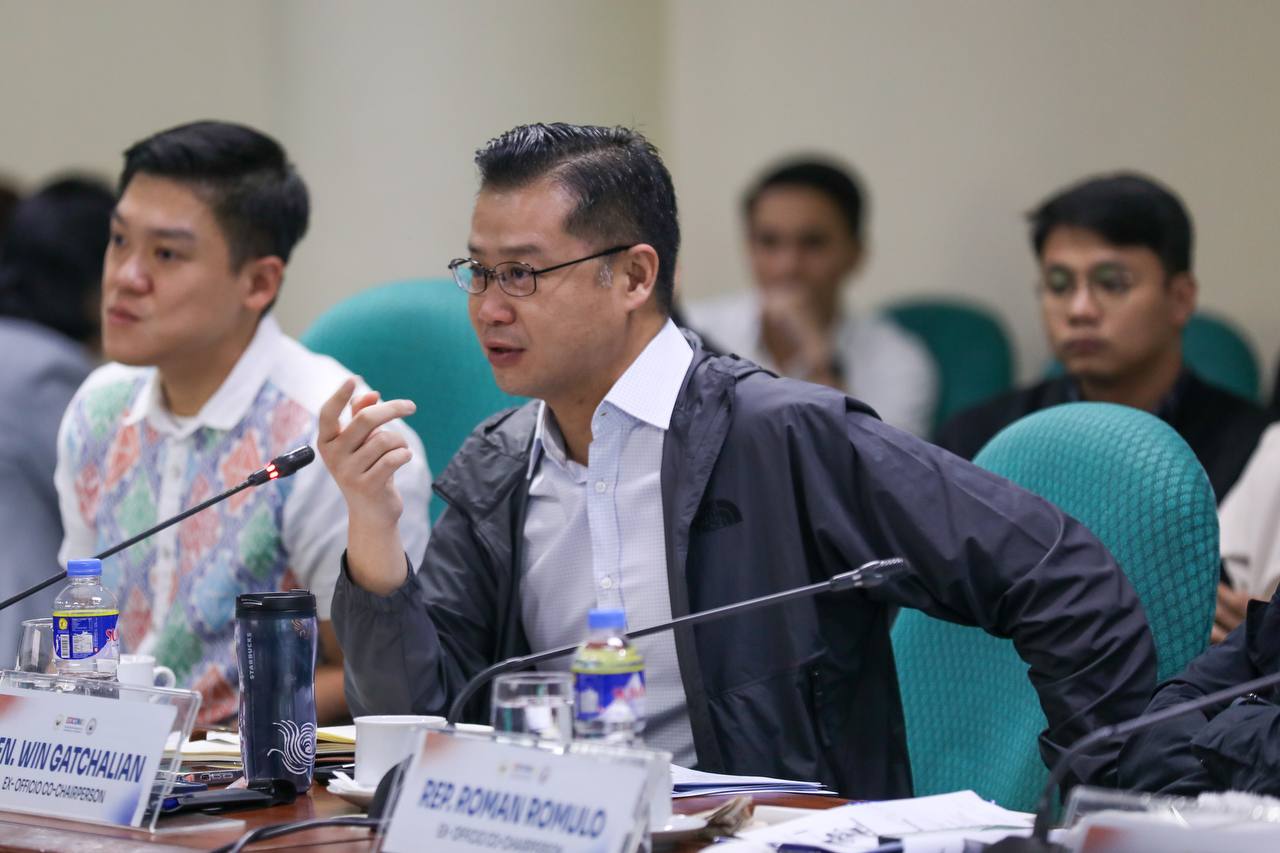Amid the lifting of the public health emergency on COVID-19 and looming weather disturbances, Senator Win Gatchalian has filed a resolution seeking an inquiry on the readiness of basic education institutions to conduct classes for School Year 2023-2024.

Aside from the lifting of the public health emergency due to COVID-19 and the threat of El Niño phenomenon, Gatchalian also cited how the shift in the school calendar resulted in a shorter school break from July 8, 2023 to August 27, 2023, a total of 51 days. During this break, remedial classes will be conducted in public schools from July 17, 2023 to August 26, 2023.
Proposed Senate Resolution No. 689 seeks an immediate assessment of both the effectiveness and challenges in delivering both face-to-face classes and learning through alternative delivery modes. The inquiry also takes into consideration the public clamor for the return of school summer breaks from April to May.
Under Department Order (DO) No. 034 s. 2022, school year (SY) 2023-2024 is scheduled to commence on August 28, 2023 and conclude on June 28, 2024. It is important to note that DO No. 034 s. 2022 primarily applied to SY 2022-2023 and specified that separate DOs would be issued for SY 2023-2024 and SY 2024-2025. However, up to this time, a DO for SY 2023-2024 has not yet been issued.
Recently, the DepEd announced that it is eyeing August 29 as the first day of classes for SY 2023-2024 instead of August 28. The department added that they are finalizing the DO for the next school year’s calendar.
“Sa gitna na patuloy na pagbangon mula sa pandemya at pagbabalik sa normal ng sektor ng edukasyon, napapanahong suriin natin ang kahandaan ng ating mga paaralan para sa patuloy na paghahatid ng edukasyon. Dahil nagpapatuloy pa rin ang mga hamon at pinsalang dulot ng pandemya, mahalagang matukoy natin kung paano natin tutugunan ang mga ito,” said Gatchalian, chairperson of the Senate Committee on Basic Education.
The senator recalled the challenges of implementing remote learning when in-person classes were suspended due to COVID-19. He noted how the digital divide hit hardest on learners from low-income households. Based on a 2021 World Bank survey on low-income households, only 40% have access to the internet and 95.5% used paper-based learning modules and materials.


